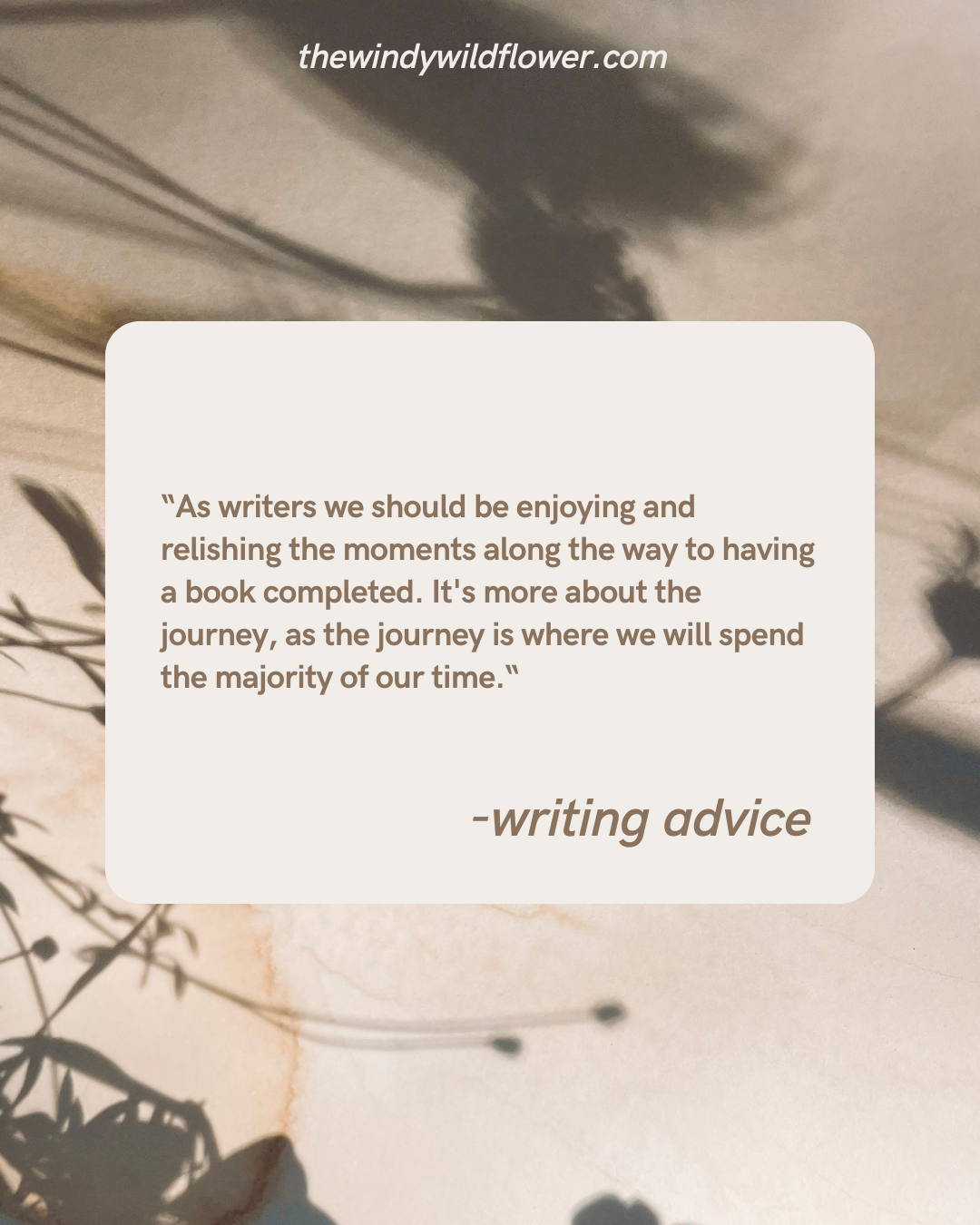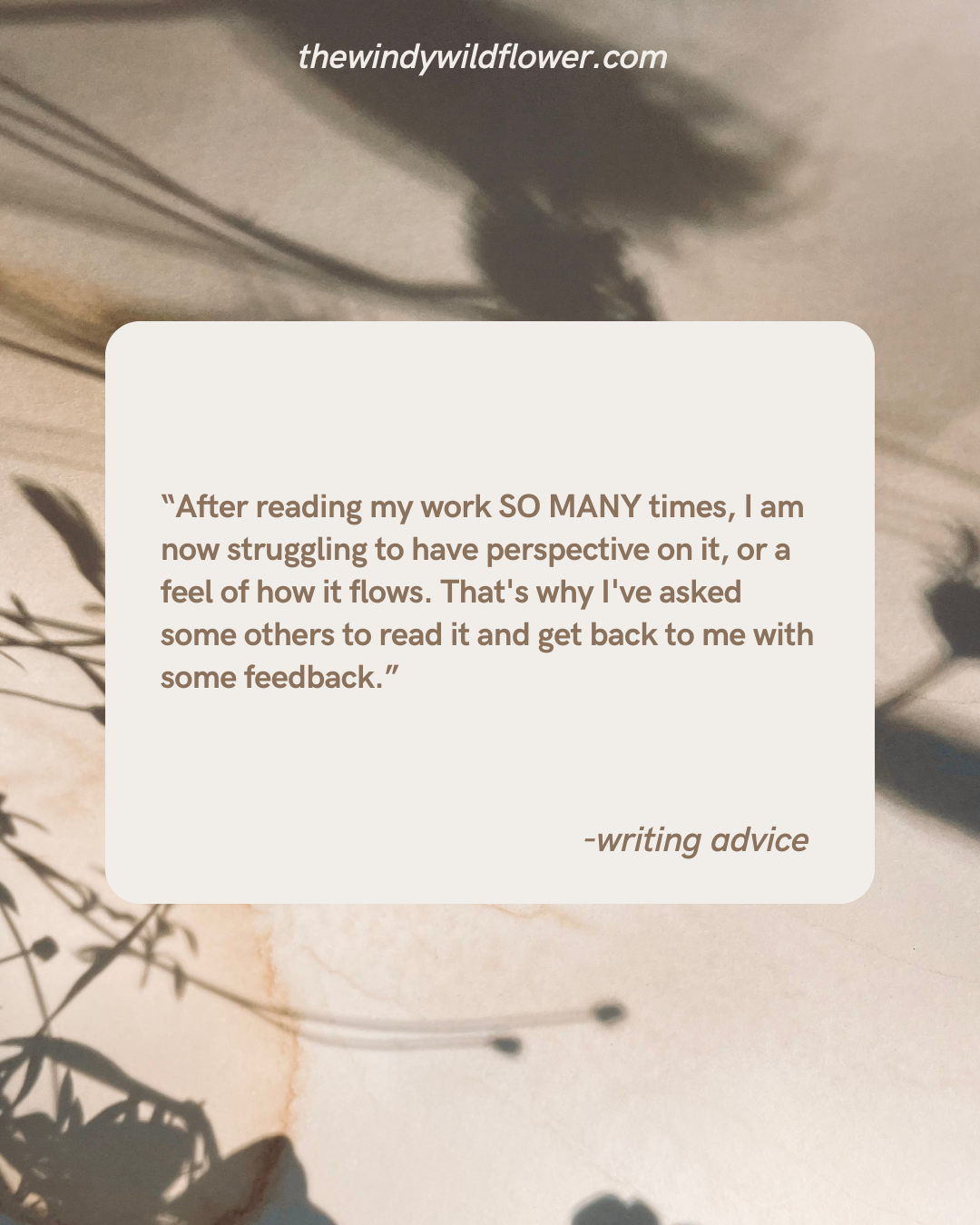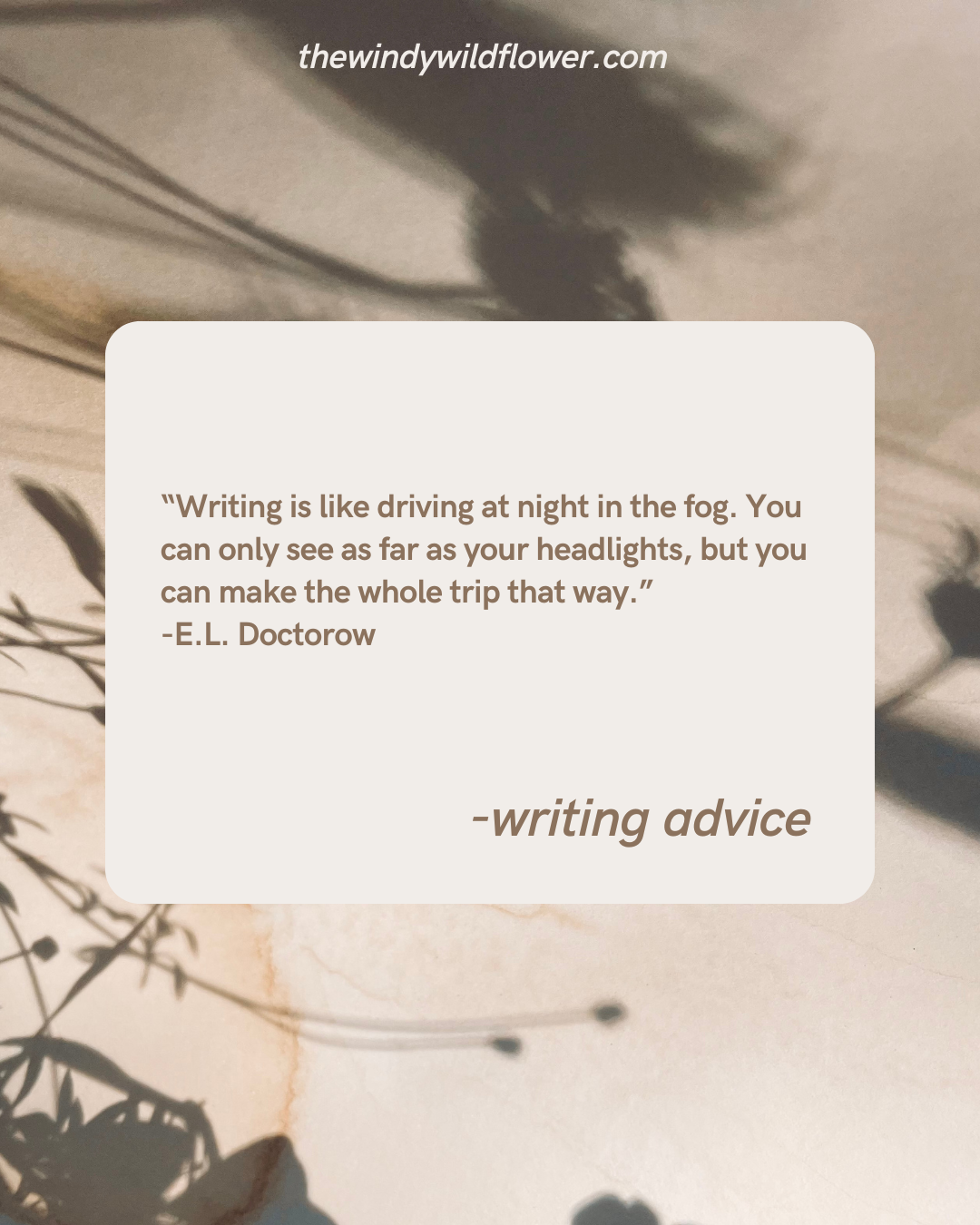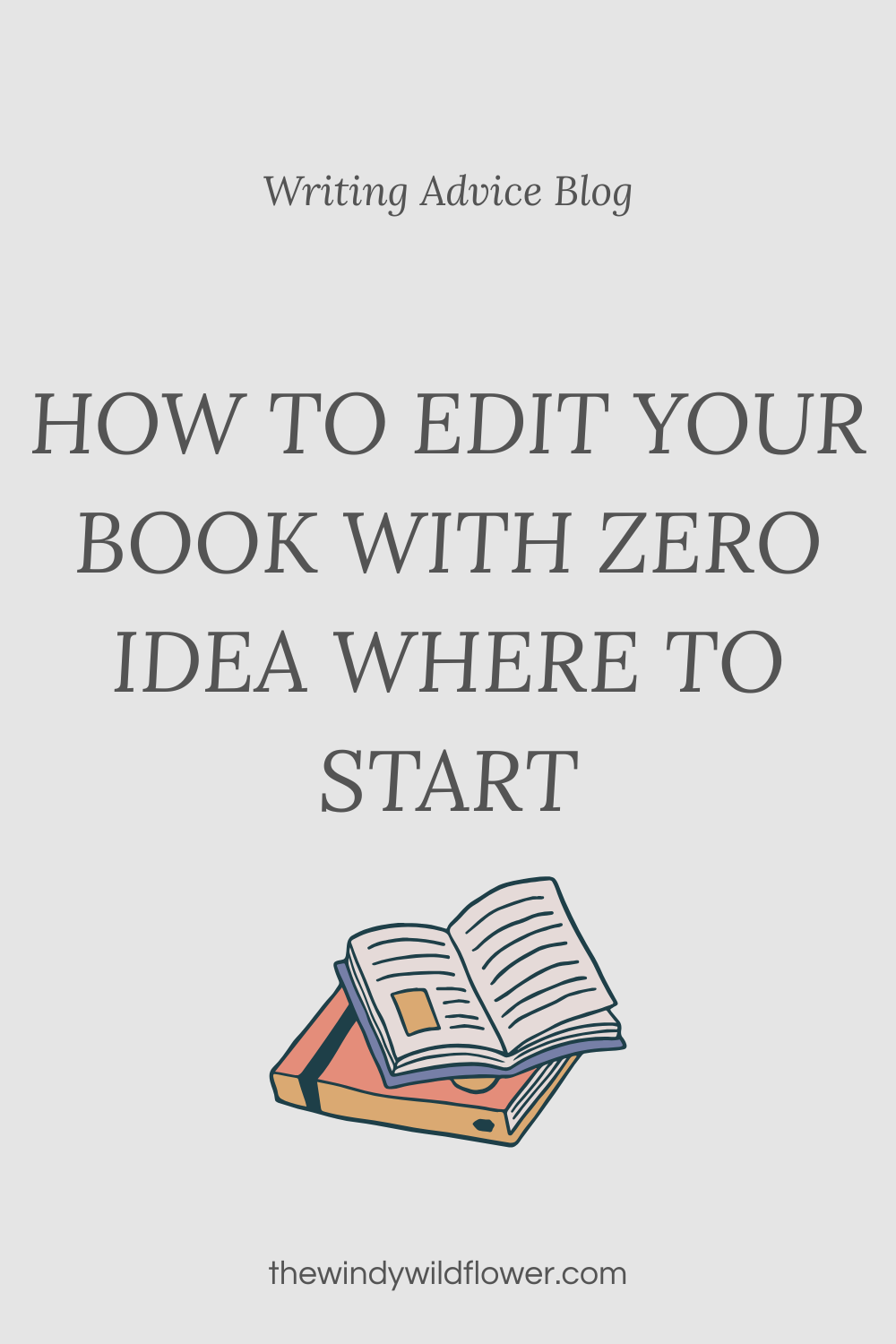How to edit your first novel with no experience
Hey there friend. Are you on the journey of writing and editing your very own book? Same!
I started writing my novel Swimming With Lupins a little over three years ago. It is a historical fiction novel with themes of forgiveness and self discovery woven through a little romance. I just finished the third draft this morning! The third draft being finished also marks the end of my second round of developmental edits. I am super excited to be this far along on my journey of writing a book, but I know there is plenty more editing and planning to come.
So how has the process of editing my novel been so far? How can you edit your novel if you have no experience. Let me tell you, all of my knowledge of editing a book has come from YouTube videos and podcasts. After listening and watching and listen and watching, I am slowly figuring out the rhythm of editing, and how it even works. I’m here to tell you what I’ve learnt so far.
You finished the first draft
You finished the first draft – woohoo! That is a huge step in the writing process and one to be very proud of. Getting all those words down is hard, and such an accomplishment. But perhaps you are now wondering what comes next.
When I finished Swimming With Lupins, first of all, I celebrated.
Going out for a meal, having a movie night, or just announcing the good news to some friends can all be great ways to celebrate your accomplishment. As writers we should be enjoying and relishing the moments along the way to having a book completed. It’s more about the journey, as the journey is where we will spend the majority of our time.
After you have thoroughly celebrated, it’s time to take the next step.
As writers we should be enjoying and relishing the moments along the way to having a book completed. It’s more about the journey, as the journey is where we will spend the majority of our time.

A time to step back
The next thing I suggest you do (and did myself) is to take a break away from your project. This means putting it aside and not reading it, not editing it, not adding to it, for a good few months. I cannot remember how many months I waiting before starting the editing process with Swimming With Lupins, but it was long enough to give me a bit of perspective.
By the time you pick your book back up, you want to have almost forgotten some of it, so you can read it as if you don’t know the story. This will help you write notes and head into the developmental editing stage.
The developmental edits
The developmental edits is when you are going to make the BIG changes to your story. This is not a time for playing around with word placement and grammar. This is a time to look at the big picture. Who are your characters? What journey do they go on? How is your pacing? What chapters are just plain boring? What needs to be added or taken away? What plot holes are there? You get the idea: big picture.
This is when you have a look at the story as a whole and try to tighten up the places that aren’t flowing very well. Any big plot points that need to be changed should be changed now. Any scenes you want to add, any scenes you want to delete – this is their moment.
The reason why we start with developmental edits is because if you were to line edit your book, fix all the grammer and that good stuff, but then go back and add or take away whole chapters…what is the point of editing those scenes that aren’t staying? It is a far better use of your time to figure out what you even need to line edit, and then move onto that stage.
The developmental edits is when you are going to make the BIG changes to your story.
BETA readers
I am up to the developmental editing stage in the process of finishing my book. After finishing a second round of developmental edits, I am sending my book off to some trusted people to get some feedback. These people are the ones who will help you fix any plot holes, boring bits etc. in your book. They are the pairs of outside eyes you so desperately need.
After reading my work SO MANY times, I am now struggling to have perspective on it, or a feel of how it flows. That’s why I’ve asked some others to read it and get back to me with some feedback. I might make another post in the future about what that involves, and how I did it.
After reading my work SO MANY times, I am now struggling to have perspective on it, or a feel of how it flows. That’s why I’ve asked some others to read it and get back to me with some feedback.

Where to next?
Where to next is what I’m still figuring out.
My guess is that after I send it out to the BETA readers I will also read through the manuscript again and make any further notes. After that, I will wait for the feedback (and maybe sneakily start planning my next book). Once the feedback comes back in, I will review it and make additional changes to the book, which will be my third round of developmental edits. After THAT, I will likely start on line editing. After that, I have no idea.
Writing a book for the first time can feel like walking blind. My word of encouragement is to just take the next step you can see. I remember reading a quote once that went like this: “Writing is like driving at night in the fog. You can only see as far as your headlights, but you can make the whole trip that way.” ― E.L. Doctorow
Writing is like driving at night in the fog. You can only see as far as your headlights, but you can make the whole trip that way.
E.L. Doctorow

If you would like to learn more about writing, feel free to browse more blog posts here , or contact me if you have any questions. You can also find me on YouTube at The Windy Wildflower, or the podcast at The Windy Wildflower Podcast. We talk about writing, songwriting, and being a Christian creative in all these places. I also have a free writing resource you can grab on this website here! Join me on the journey of learning to glorify God with our creativity and making dreams a reality.
Till next time friends,
Nika
